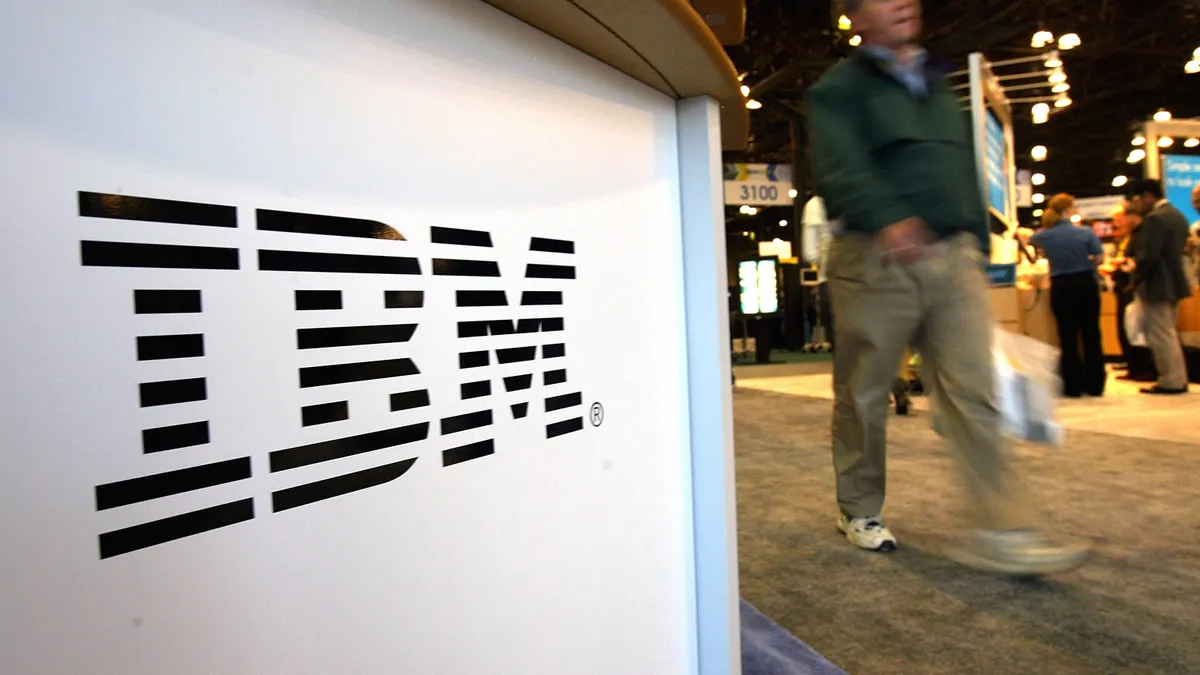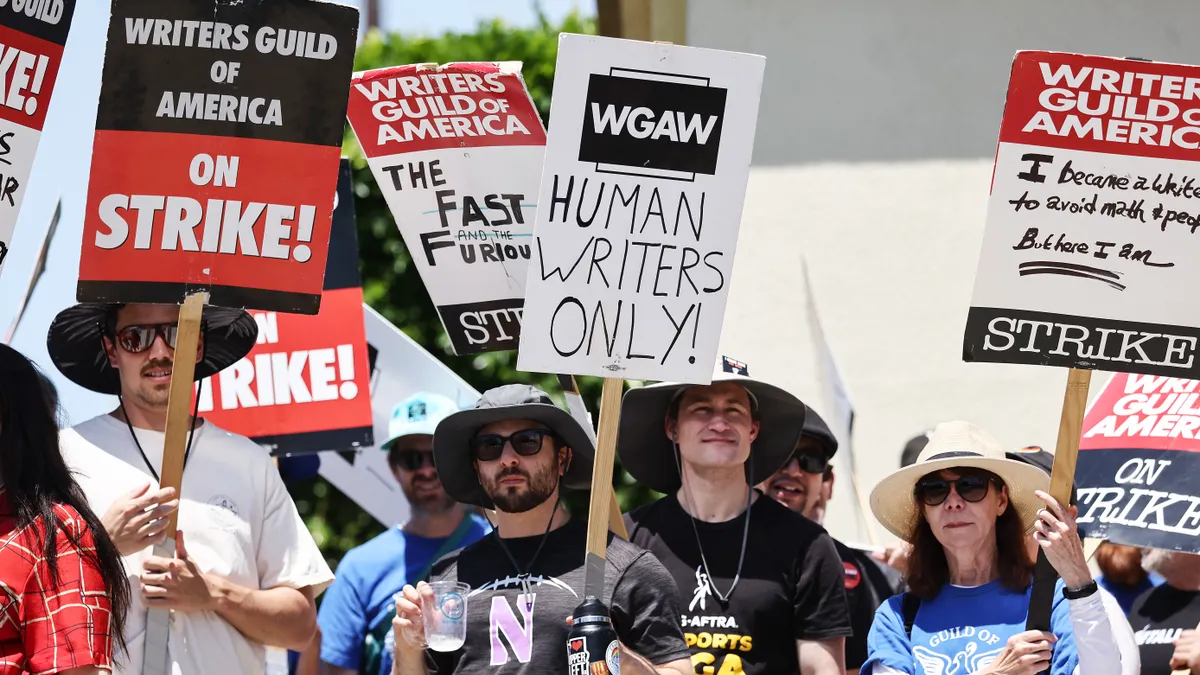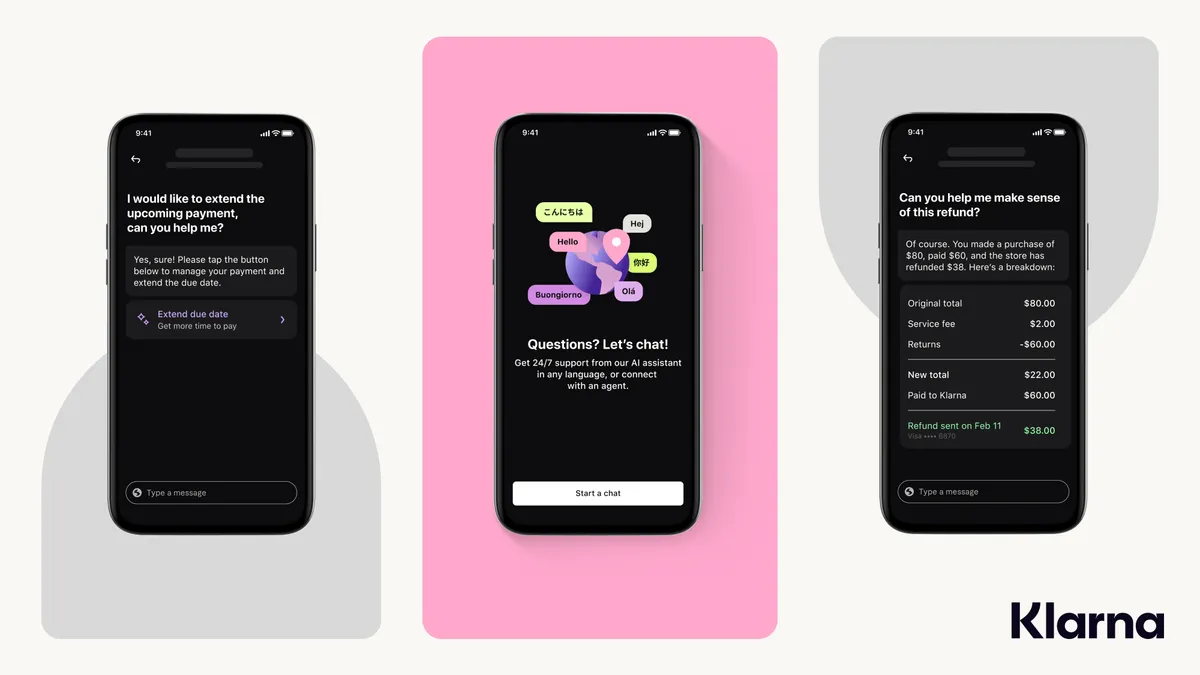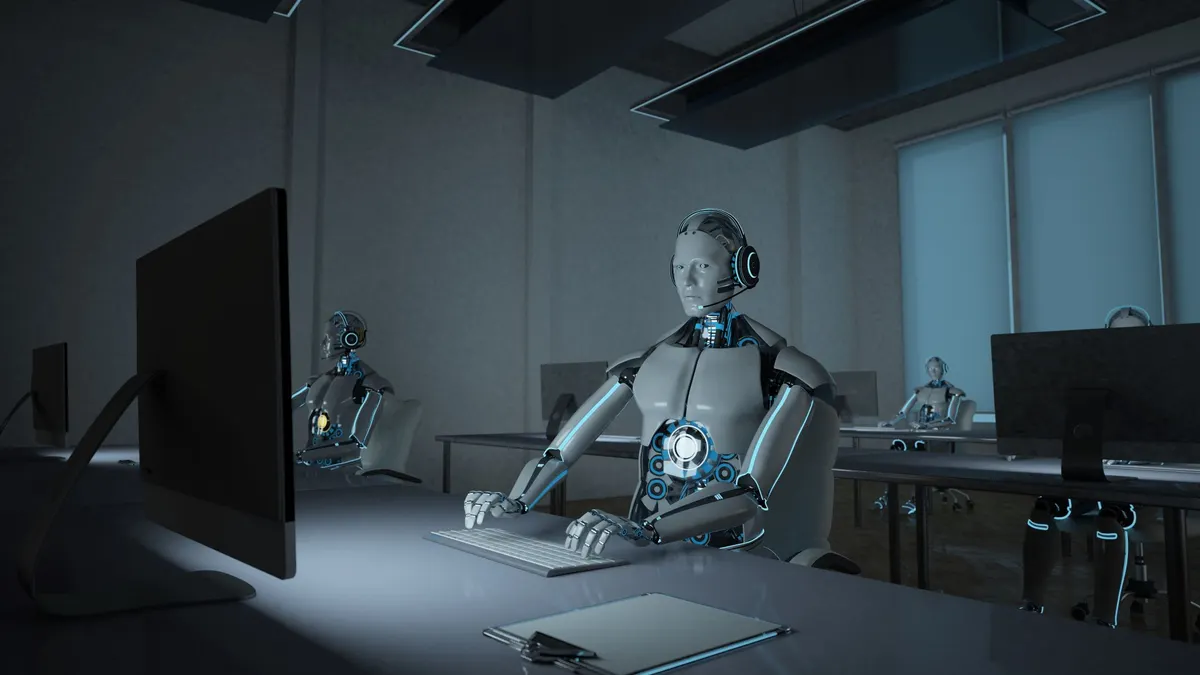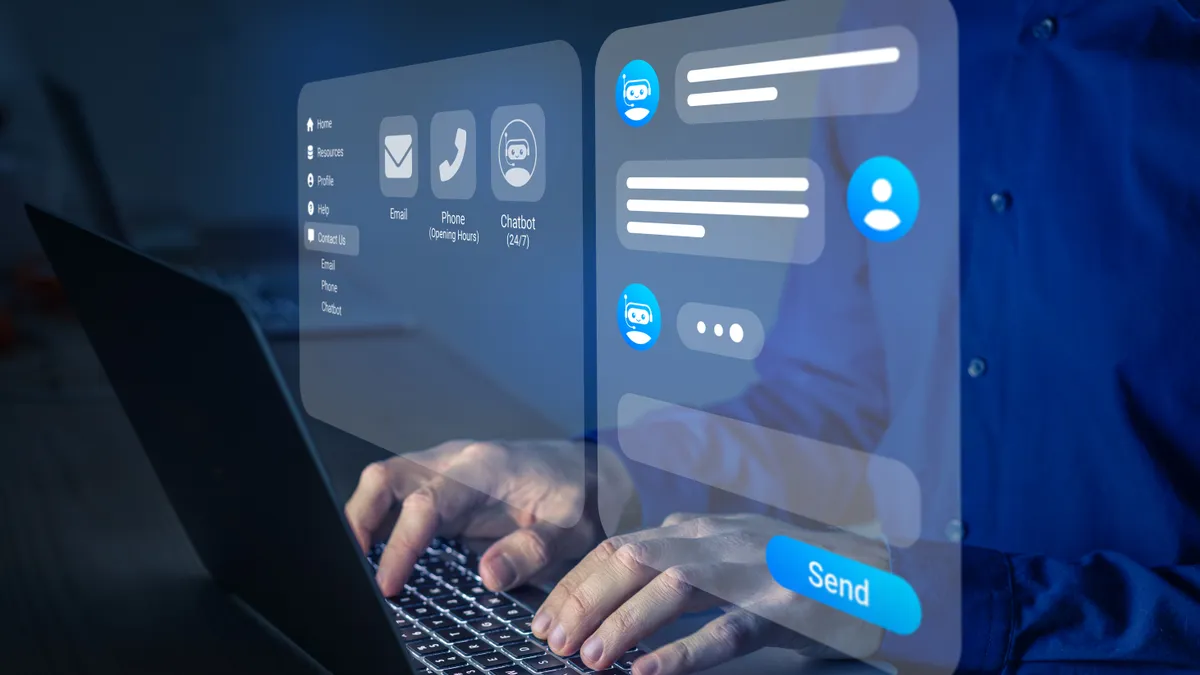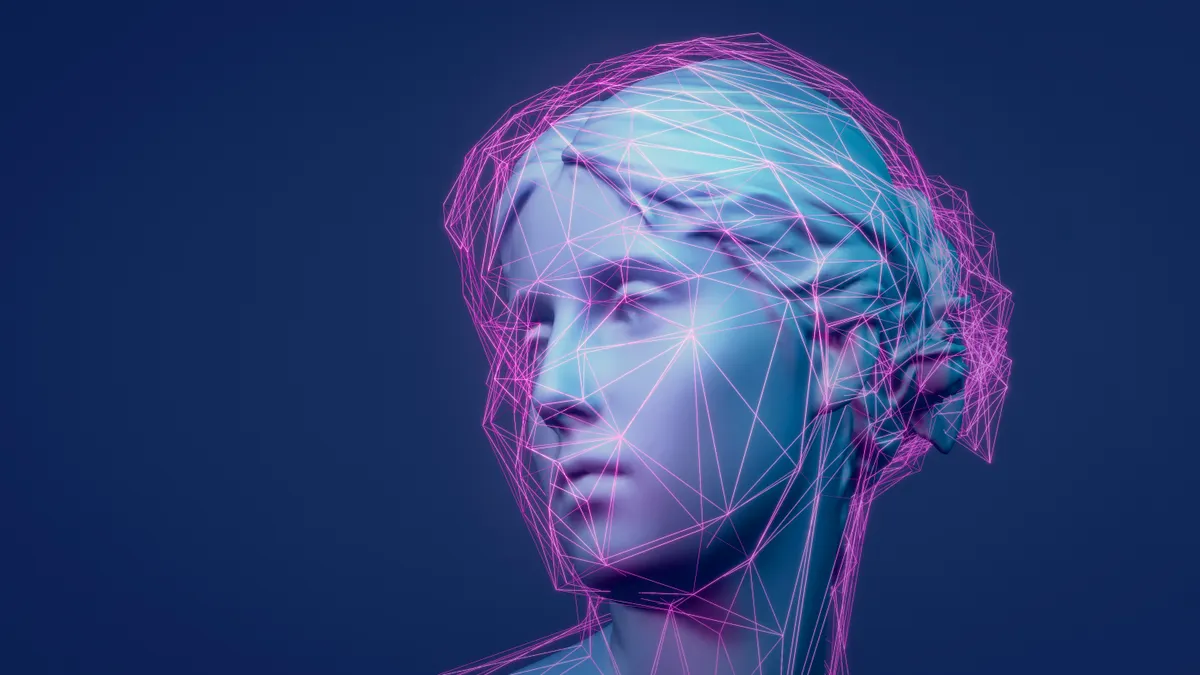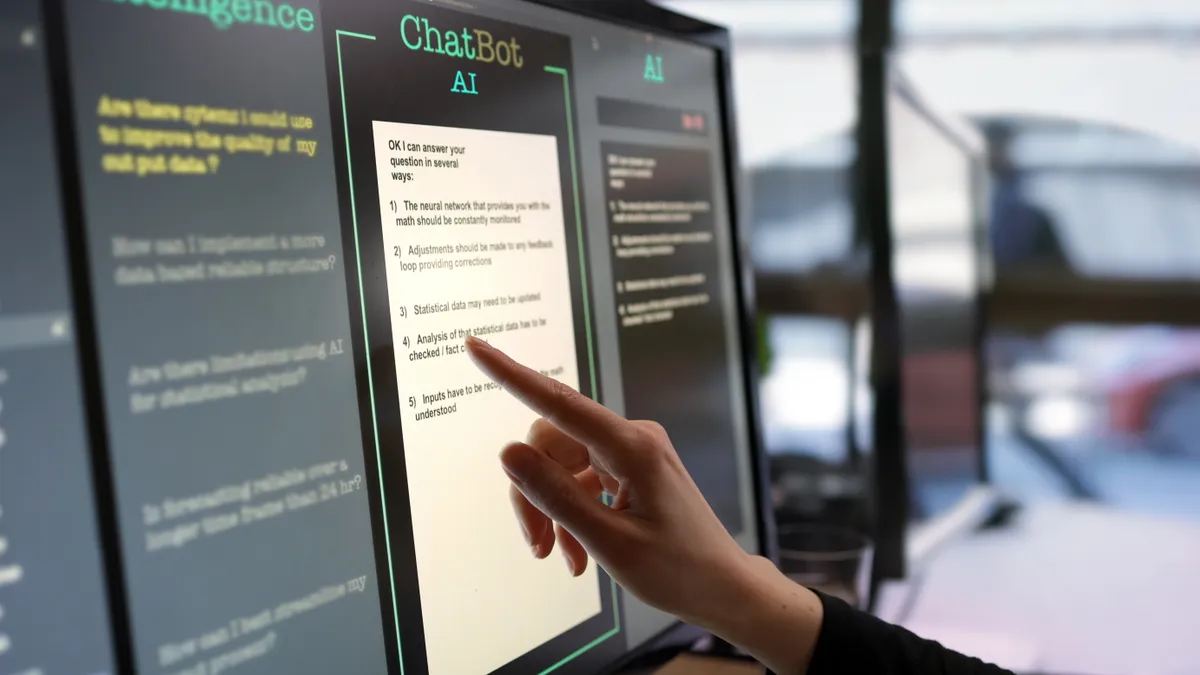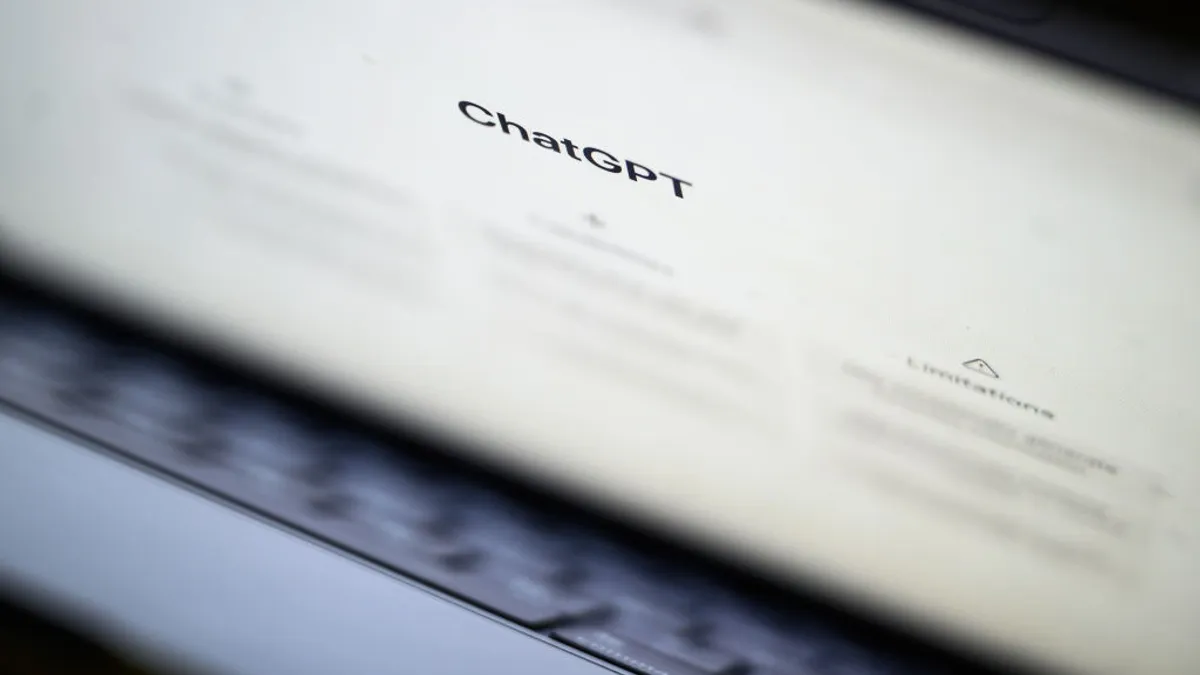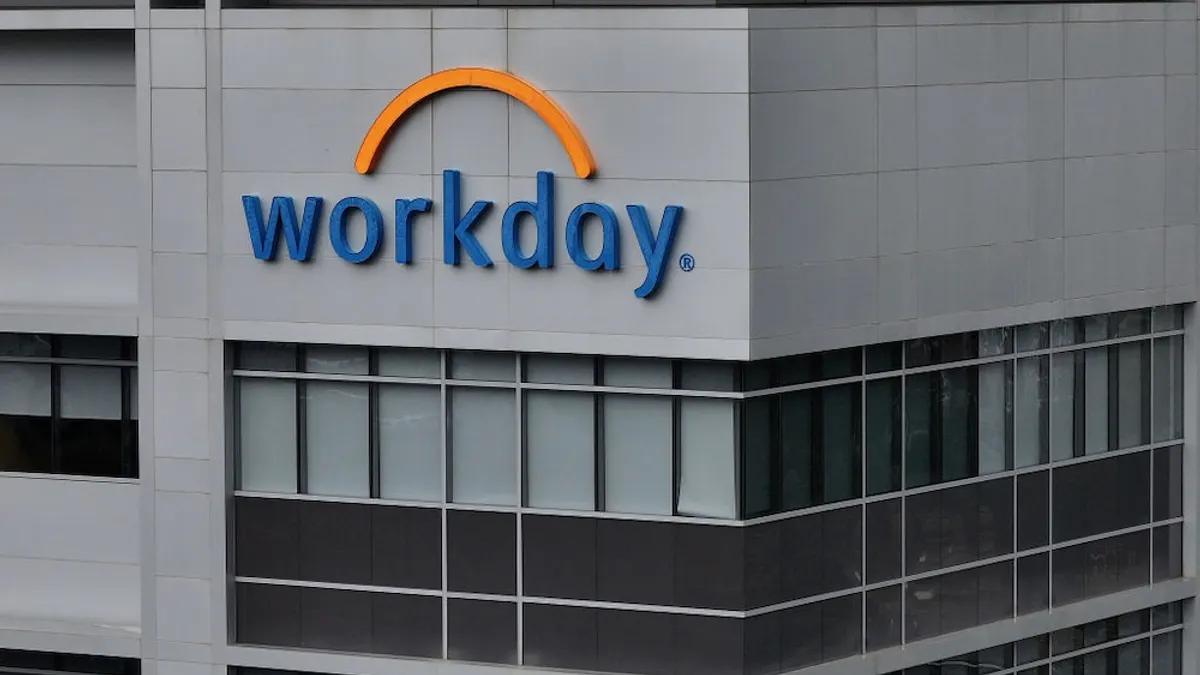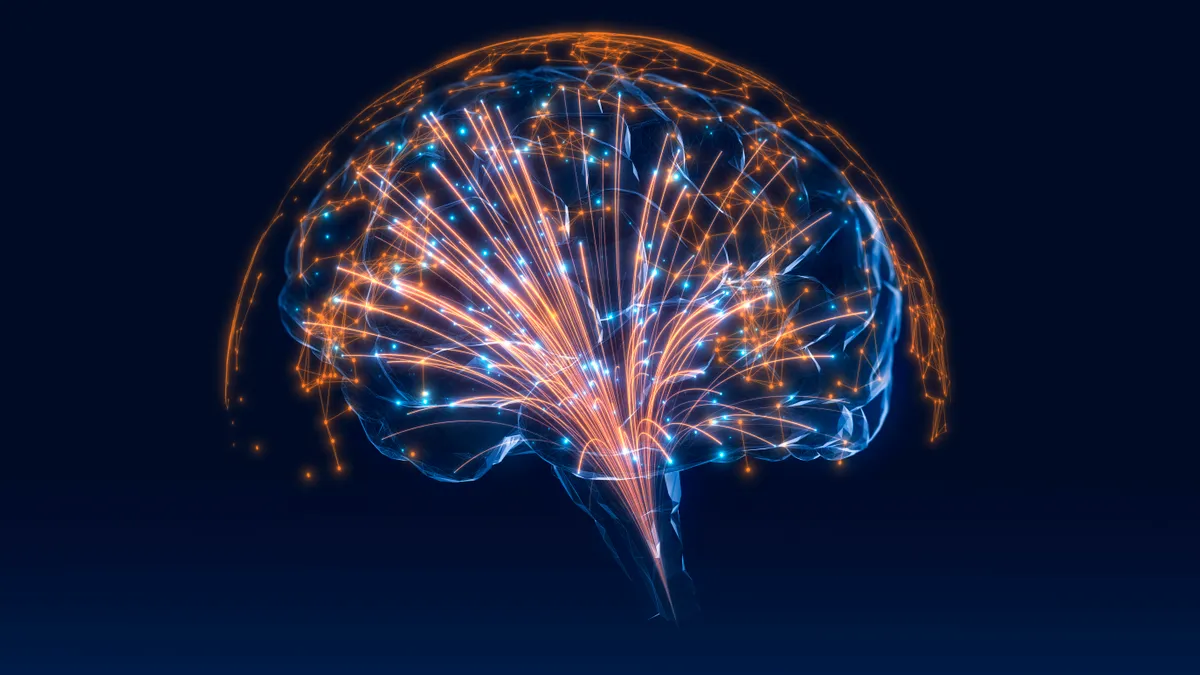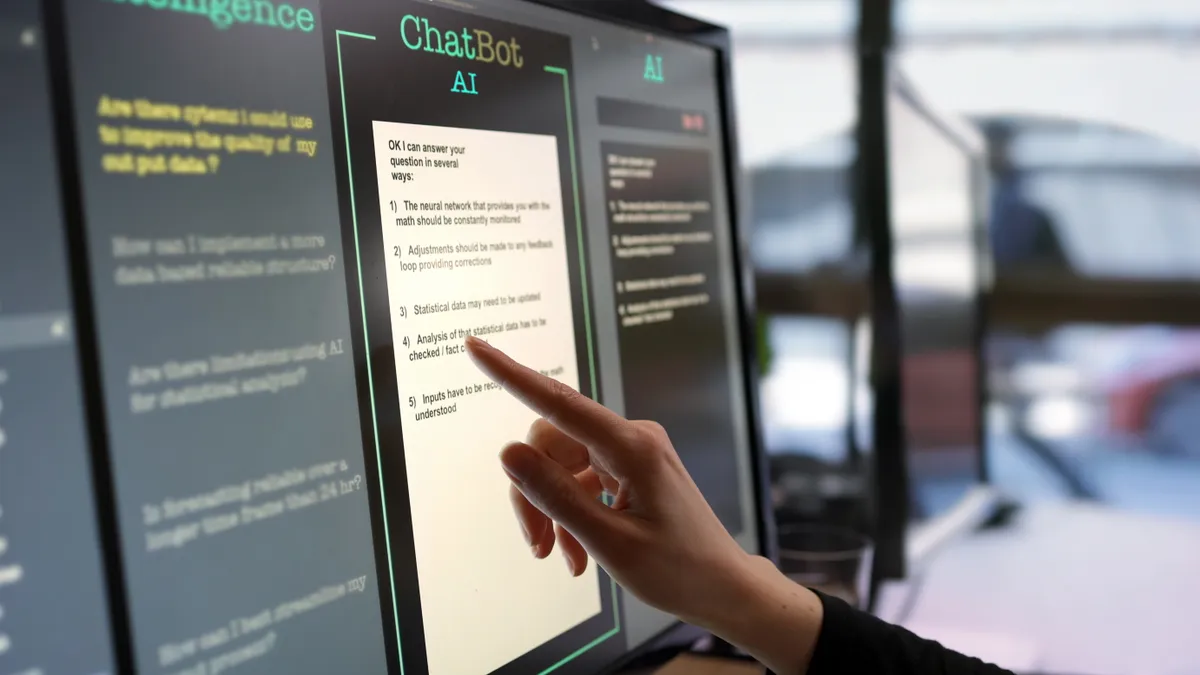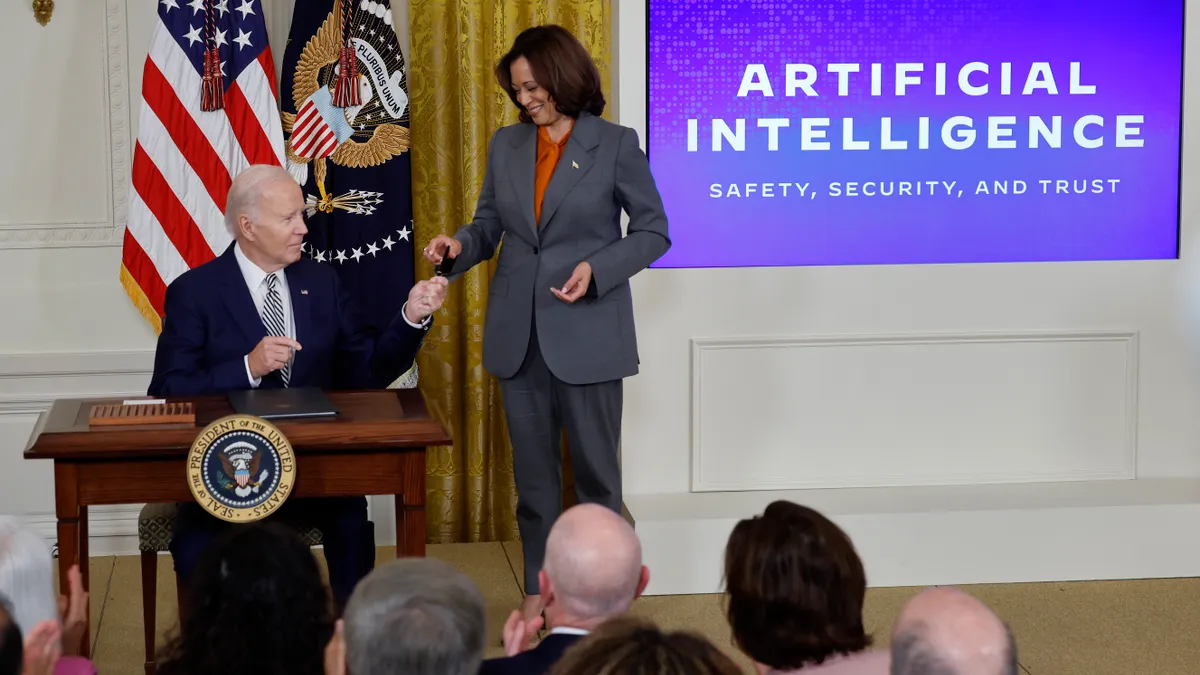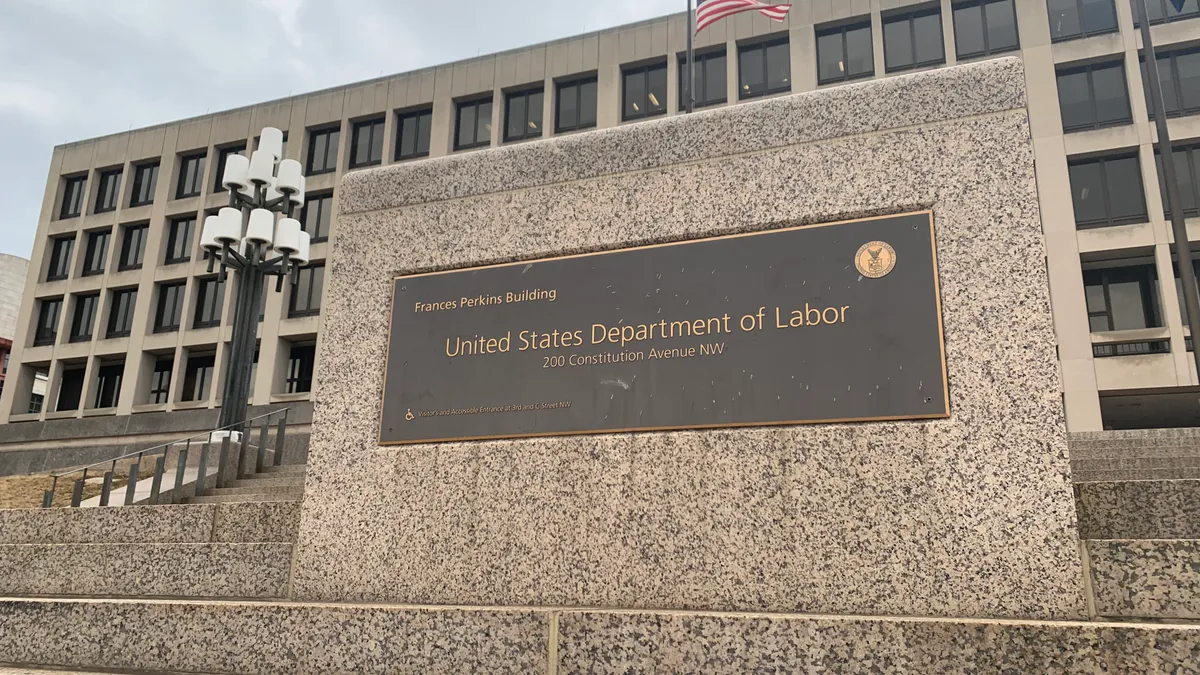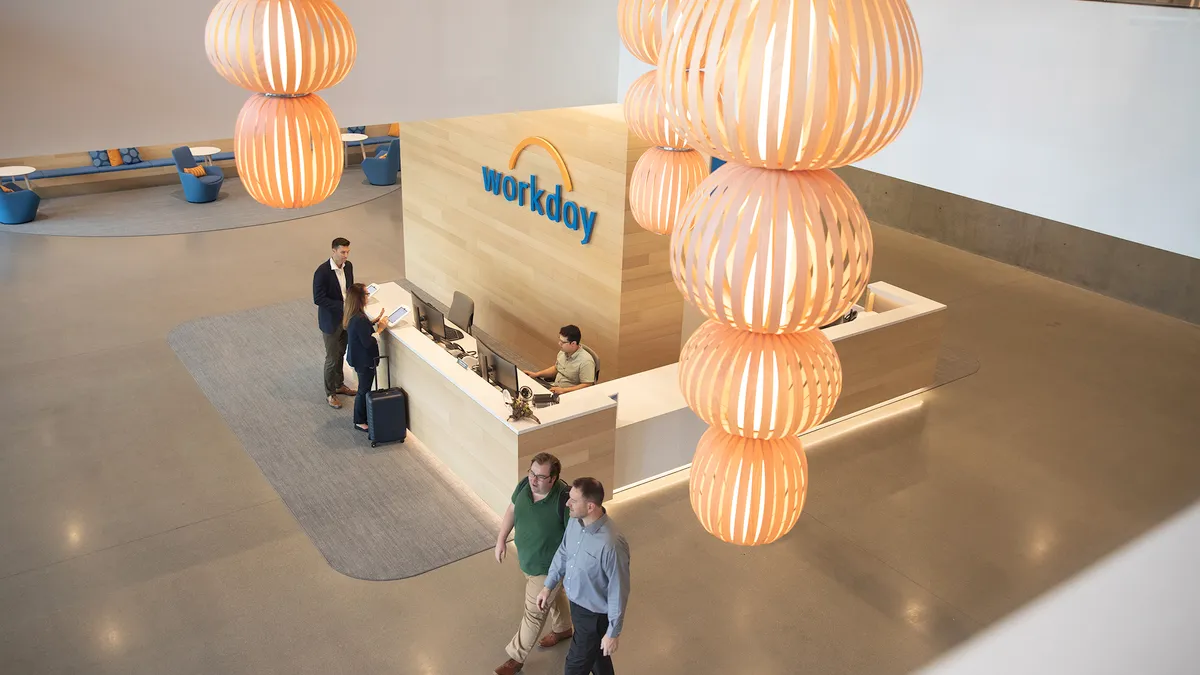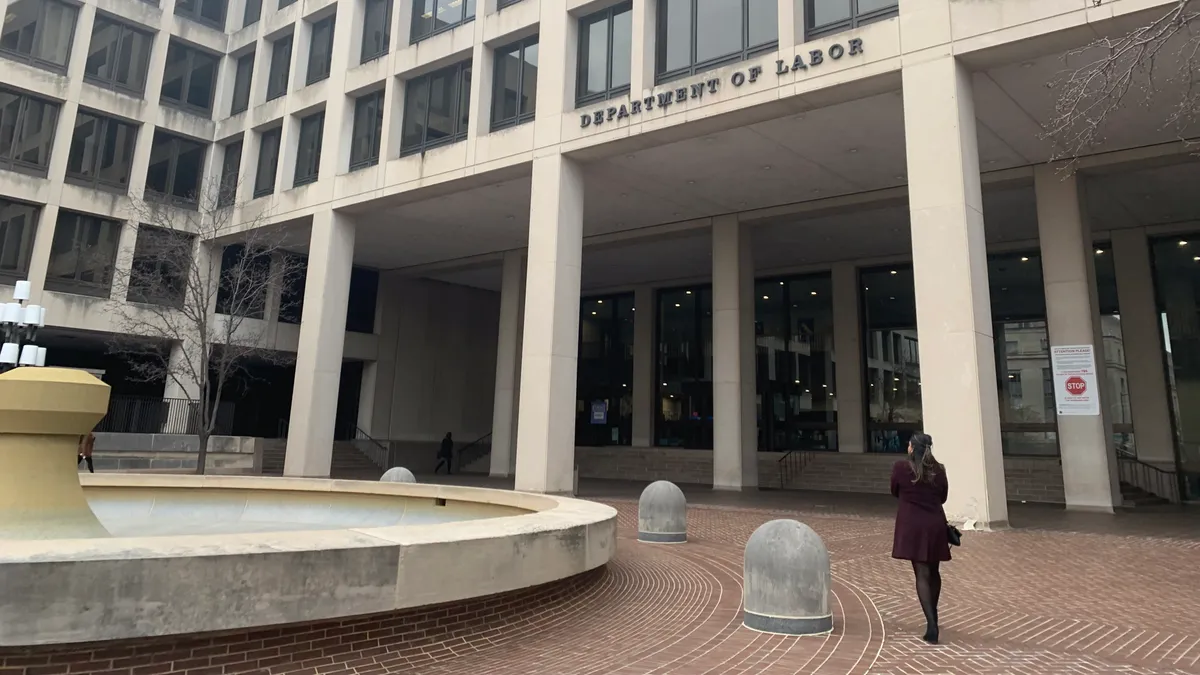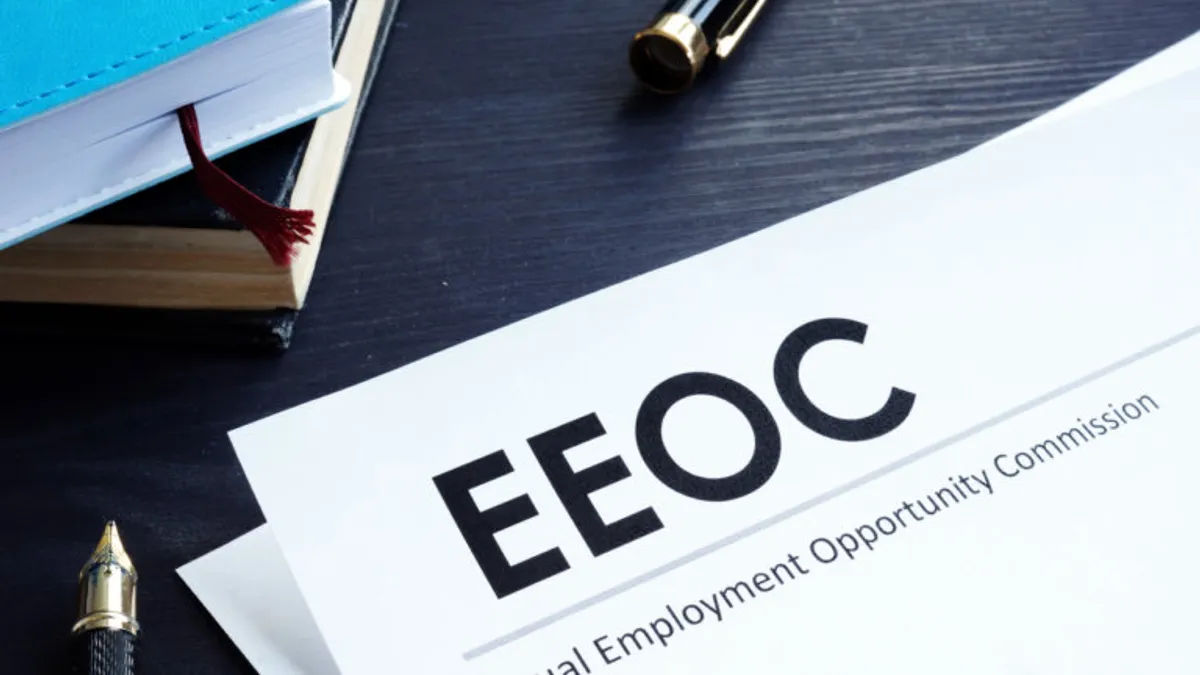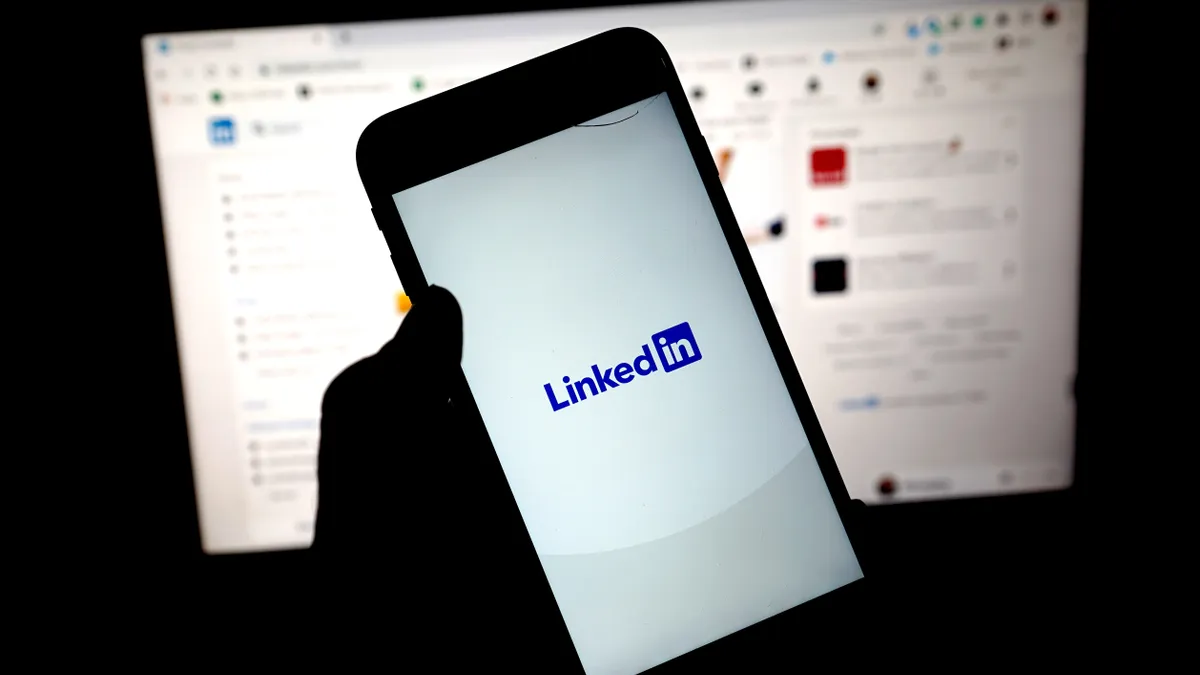While a learning curve certainly exists — and detractors say it’s more trouble than it’s worth — AI almost certainly has the potential to help HR professionals save time.
Petrina Thompson, an HR lead for financial benefit company Brightside, suggested that her people industry peers figure out which problems they want AI to solve, and then jump in from there with research. Next, execute with an open mind.
“If you're starting to dip your toe in the biggest pain points, it's going to help you solve something that you could do with a system — rather than a person,” Thompson said, adding that the trial and error process is a useful learning and development process.
About 4 in 10 workers have expressed optimism about AI; respondents in a Robert Half survey noted that “automating time-consuming tasks” and “increasing efficiency and productivity” are the top two benefits of incorporating AI into workflow.
Workers across industries also told Robert Half how they use AI at work. Accounting professionals may use it for automating data entry or writing up financial reports; legal workers say they use it to draft documents and conduct research. HR professionals said they used AI to write job descriptions, find and screen talent, and evaluate employee performance.
AI can help HR post job openings
“You've got a job description you need to write? Use AI to start,” Thompson said. “So you're not starting from a ‘blank sheet of paper.’” Her suggested approach is to feed an AI program the worker attributes and skill sets needed and edit the rough drafts of the job description that the program spits back.
Last year, leaders at Indeed published a report regarding generative AI and the future of work. The job site’s chief economist, Svenja Gudell, said generative AI is “less likely to replace an entire job” and will instead be a tool to “augment or streamline” workflow.
Gudell added that HR professionals will “likely see a variety of jobs reworked and reimagined by employers, including new jobs being created over time because of GenAI’s fast-growing influence.”
AI can help revamp the talent pipeline
Beyond changing the kind of talent needed at organizations, AI can also help HR attract different kinds of workers to apply to their jobs.
“Where can AI send you, in terms of places you might not be using to post your job? Or to gather candidates with a really unique, diverse background, or skill set, or belief system?” Thompson pondered. “How do you tap into some of those other [potential hire] segments that just don't come top of mind?”
A software solutions lead told HR Dive that AI can actually help HR professionals solve for bias in their hiring process. Worth noting is that New York City has restricted the use of AI in hiring, so experts recommend working with company legal counsel.
AI can help with summarization
AI also can aid in documenting and notating interviews, Thompson suggested. She also illustrated how generative AI can help workers craft their portions of their performance reviews, saving time for workers across the board.
“How cool would it be to say, ‘Here's an AI tool that just takes all the stuff you did this year and summarizes it for you’ or ‘Here's the first version of my self evaluation’ — instead of sitting there for hours going, ‘What should I say?’” Thompson said, noting that the “first draft probably shouldn't be the final draft.”
Among other issues, the potential for misinformation or narrative voice that misses the mark may be a pitfall of AI. "ChatGPT achieved mass adoption in less than one year — a stark contrast to the internet, which took 17 years, smartphones 21 years, and electricity which took three decades,” John Romeo, CEO of the Oliver Wyman Forum, said in a statement.
“But training is not keeping up,” he added. “We are facing an AI productivity disconnect."
When it comes to AI, HR doesn’t have to reinvent the wheel
“HR folks are typically under-resourced. They're underappreciated many times. And they have 10,000 other things they dream about, they'd like to get to,” Thompson said. Her advice? Use AI so HR can actually work on their dreams faster or quicker. She painted a picture of the quintessential HR professional kept up late at night, ultimately arriving at the conclusion they need another person to accomplish their goals.
“If AI could give you a third of your time back, then there's your other person,” Thompson said.
Regarding the actual technology, the HR lead suggested her peers look into the AI capabilities of the software already in their toolbox. “You don't have to build the AI yourself. There are a lot of tools you may already have — go and find out if AI is already embedded. Figure out how you can use that,” she said.
And her final piece of advice is to not go hog wild with AI. “I would encourage HR folks to pick a couple [of tools or projects]. You're never gonna be able to do all of it. AI is changing so much what you pick today might not even be what you want in a year anyway,” she said.








